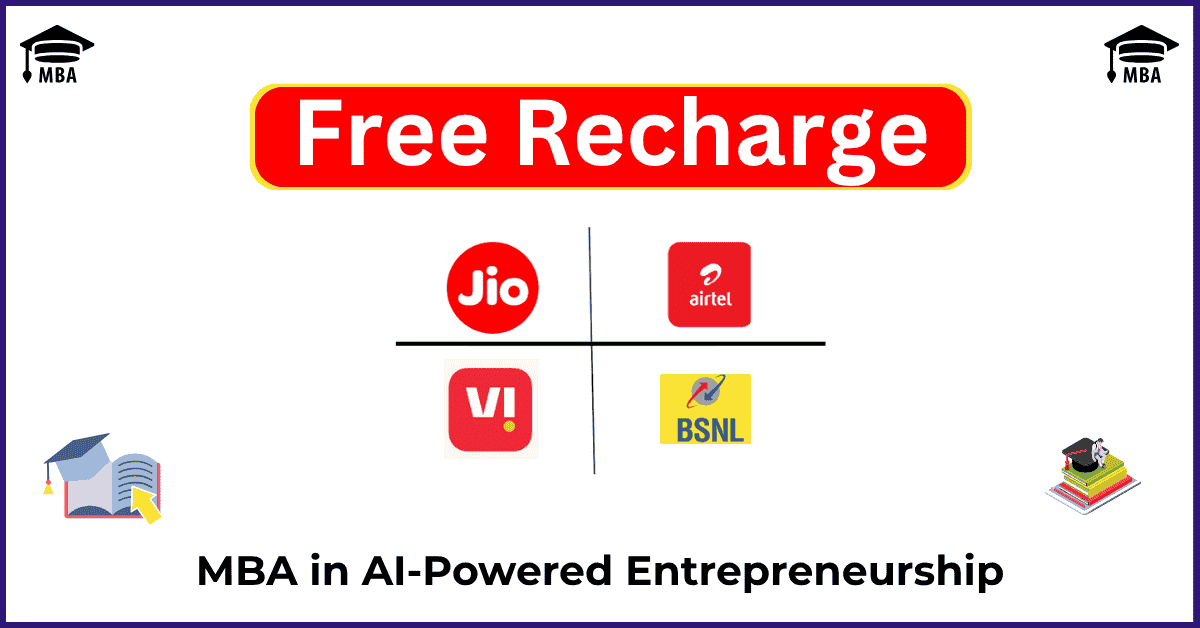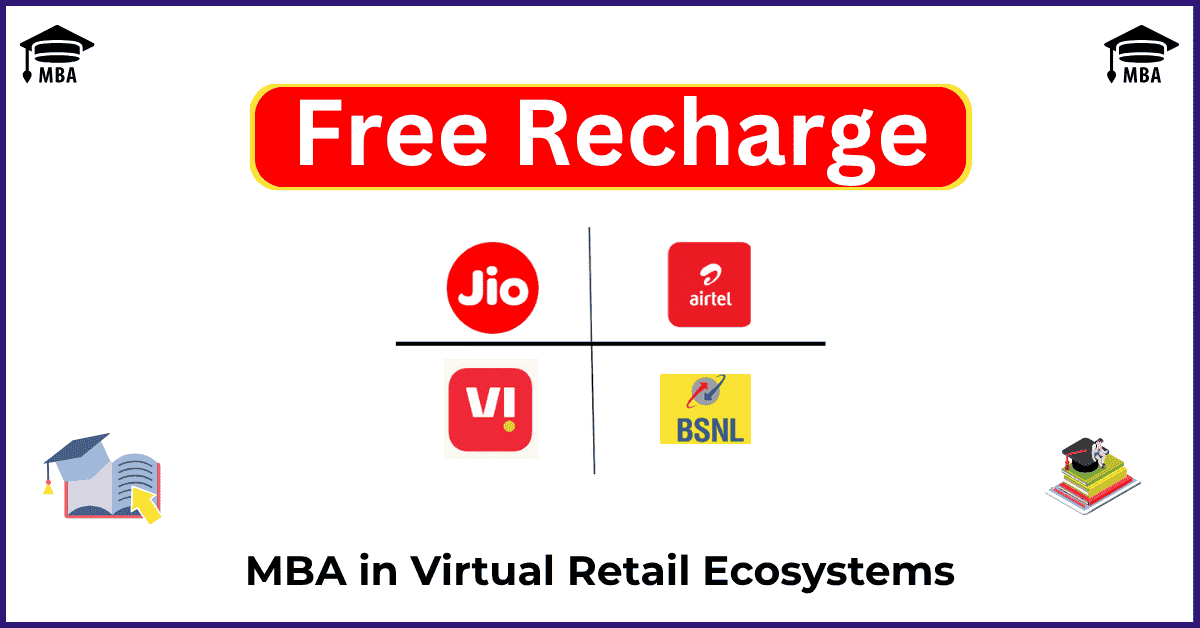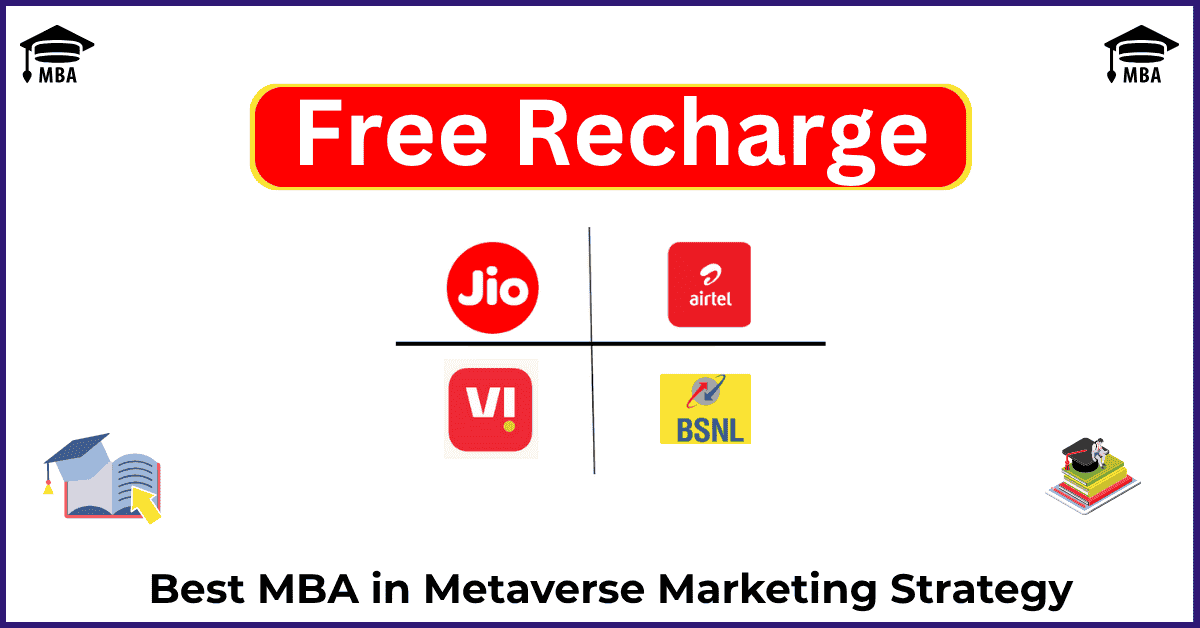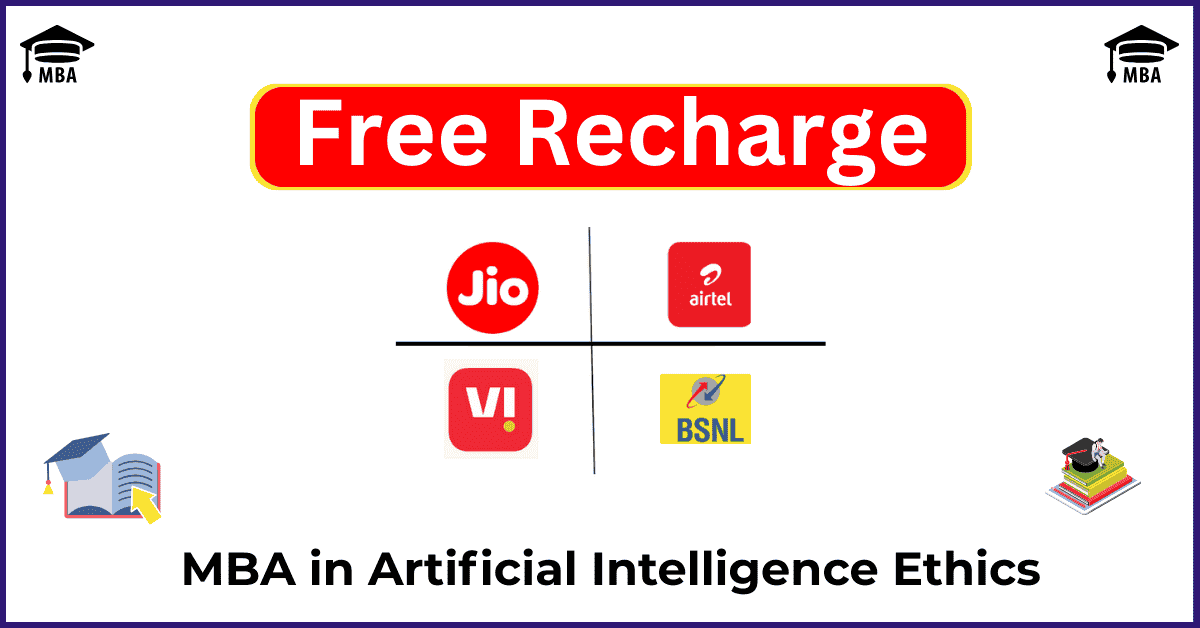Artificial Intelligence (AI) is no longer just a technology buzzword—it’s the foundation of the modern entrepreneurial revolution. From AI-driven business models to automated decision-making, every sector is being reshaped by the power of data and algorithms. As a result, the MBA in AI-Powered Entrepreneurship has emerged as one of the most futuristic and ROI-driven management specializations in 2025 and beyond.
This program uniquely blends entrepreneurial leadership, innovation strategy, and advanced AI skills—training future founders, innovators, and business leaders to create ventures that scale intelligently. Whether you dream of launching your own startup or leading AI-driven transformation in a Fortune 500 company, this MBA specialization opens the doors to exponential growth.1. MBA in Artificial Intelligence and Entrepreneurship
This specialization bridges the gap between business innovation and AI technology. Students learn how to apply machine learning, natural language processing, and predictive analytics to real-world business challenges.
Universities offering this program—like MIT Sloan, Stanford GSB, and ISB Hyderabad—focus on integrating AI strategy into entrepreneurship frameworks. Graduates gain the skills to design startups that use automation, data, and AI to deliver competitive advantages.
This MBA also nurtures AI ethics, business sustainability, and innovation ecosystems, making it perfect for those who want to create impact through technology.
2. AI Startup Management
AI startups require more than technical talent—they demand strategic management skills to navigate funding, scalability, and competition. The AI Startup Management module teaches entrepreneurs how to develop AI-driven products, secure venture capital, and lead data-centric teams.
Students also explore AI-based business model validation, pricing algorithms, and product-market fit analysis. In 2025, venture capital firms increasingly prefer founders who understand both AI technology and business scalability—making this specialization highly valuable.
3. Machine Learning for Business Innovation
Machine Learning (ML) is the backbone of AI entrepreneurship. An MBA in this domain helps students leverage ML models to optimize marketing, sales forecasting, and operations.
Examples include:
- Predicting customer churn using neural networks
- Automating content curation with recommendation engines
- Enhancing customer experience with sentiment analysis
Students also learn how to translate complex ML algorithms into actionable business strategies—a key differentiator for future-ready leaders.
4. AI-Driven Business Models
Traditional business models are being disrupted by AI-driven solutions that reduce costs and increase personalization.
In this module, learners design AI-first business architectures such as:
- Subscription-based predictive platforms
- Chatbot-as-a-service ecosystems
- Smart logistics networks powered by deep learning
The goal is to teach entrepreneurs how to monetize AI innovations, ensuring scalability and long-term profitability.
5. Entrepreneurship in Automation
Automation is now synonymous with efficiency. This section of the MBA explores how startups can automate internal processes—from customer onboarding to analytics—to save costs and boost productivity.
Topics include:
- Robotic Process Automation (RPA) in business
- Automated HR and recruitment using AI
- Workflow automation for digital startups
The course also includes hands-on AI entrepreneurship labs, where students launch pilot automation projects as part of their coursework.
6. Data-Driven Decision Making
In the age of AI, data is the new oil. This module focuses on teaching how data analytics powers informed decisions in marketing, operations, and strategy.
Students use data visualization tools, Python, and SQL dashboards to generate insights for real-world business scenarios. Learning how to extract meaning from structured and unstructured data empowers entrepreneurs to make confident, evidence-backed decisions.
7. AI Product Development
AI product development combines design thinking, technology, and market intelligence. Students learn to ideate, prototype, and deploy AI-powered products—from chatbots and voice assistants to predictive analytics software.
Key components include:
- Agile development methodology
- AI lifecycle management
- Ethical AI implementation
By the end of the course, every learner builds a minimum viable product (MVP) that integrates AI features into a viable business model.
8. Business Analytics and AI Strategy
Business analytics is the bridge between raw data and strategic action. This MBA segment focuses on the alignment between AI insights and business growth.
Topics covered:
- Predictive analytics for marketing ROI
- Real-time data dashboards for decision-making
- KPI modeling using AI tools like Power BI and Tableau
AI strategy coursework also helps entrepreneurs craft scalable data ecosystems, ensuring their business remains adaptive to market trends.
9. Digital Transformation Leadership
AI entrepreneurship thrives on digital-first leadership. Future business leaders must master the art of leading remote, tech-driven teams and adapting to continuous innovation.
Students explore:
- Managing AI transformation projects
- Integrating IoT, Blockchain, and Cloud technologies
- Building digital culture within startups
The focus is on visionary leadership—not just managing people, but inspiring change through technology.
10. Artificial Intelligence in Business Operations
AI is transforming day-to-day business operations—from inventory management to customer service.
For instance:
- Retailers use AI to optimize stock based on predictive analytics.
- Banks use AI chatbots for 24/7 customer support.
- Supply chain startups deploy AI for smart routing and demand forecasting.
The module teaches how to embed AI into core operational workflows, ensuring agility and efficiency at scale.
11. Innovation Management with AI
Innovation doesn’t happen by chance—it’s engineered. The Innovation Management with AI segment helps students cultivate a culture of creativity and experimentation.
Key lessons:
- Encouraging intrapreneurship within organizations
- Leveraging AI for rapid prototyping and idea testing
- Managing intellectual property in AI-driven startups
This prepares entrepreneurs to build innovation pipelines that generate consistent growth and breakthroughs.
12. Future of AI-Powered Startups
The future belongs to founders who can combine AI technology with entrepreneurial insight. From healthcare diagnostics to climate-tech automation, AI startups are disrupting every industry.
Key future trends include:
- Generative AI for business automation
- AI in sustainability and green tech
- Autonomous service startups
The MBA program ensures graduates can not only adapt to these trends—but lead them.
13. MBA in Emerging Technologies
AI entrepreneurship is only one part of a broader ecosystem of emerging technologies—including Blockchain, Robotics, and Extended Reality (XR).
An MBA in Emerging Technologies equips students with a 360° understanding of how these innovations intersect to create smarter, more adaptive businesses.
Universities often combine this module with AI-powered entrepreneurship courses, ensuring a well-rounded tech-leadership education.
14. Entrepreneurial Leadership in AI
Entrepreneurial leadership is about vision, adaptability, and risk-taking. In the AI era, it also involves technological fluency.
Students learn:
- How to inspire AI teams
- Build partnerships with tech innovators
- Lead with empathy in data-driven environments
This course cultivates leaders who blend innovation with human-centric management, ensuring sustainable growth.
15. Global AI Business Ecosystem
AI entrepreneurship isn’t limited by borders. This final module explores how global AI ecosystems—from Silicon Valley to Bengaluru—are shaping the world economy.
Students study international policies, startup incubators, and venture ecosystems to understand where AI innovation thrives. They also learn cross-border collaboration, digital trade, and AI governance frameworks—essential for entrepreneurs targeting global markets.
Case Studies: Real-World Examples of AI-Powered Entrepreneurs
- OpenAI’s Business Strategy: How integrating AI models like ChatGPT created a trillion-dollar market opportunity.
- Tesla’s Automation Edge: Elon Musk’s use of AI in manufacturing and self-driving technology redefined industrial entrepreneurship.
- Indian AI Startups: Firms like Yellow.ai, Observe.ai, and Mad Street Den show how AI-driven startups can scale globally.
These examples showcase how AI-powered entrepreneurship isn’t just theoretical—it’s the real-world future of business success.
FAQs About MBA in AI-Powered Entrepreneurship
Q1. What is the duration of an MBA in AI-Powered Entrepreneurship?
Typically 1–2 years, depending on the university and format (full-time, online, or executive).
Q2. What are the eligibility criteria?
Applicants need a bachelor’s degree (preferably in business, engineering, or computer science) and may require GMAT/GRE scores.
Q3. What career opportunities are available after graduation?
Graduates can become AI startup founders, innovation consultants, AI product managers, or digital transformation leaders.
Q4. What is the average salary after this MBA?
Global graduates earn between ₹15–40 LPA (USD 80,000–150,000) depending on experience and location.
Q5. Which universities offer this specialization?
Top names include MIT Sloan, Stanford, INSEAD, ISB, IIM Bangalore, and Imperial College London.
Conclusion: The Future Belongs to AI-Driven Entrepreneurs
An MBA in AI-Powered Entrepreneurship isn’t just another management degree—it’s the blueprint for building the businesses of tomorrow. As industries transform, leaders who understand AI strategy, automation, and innovation management will drive the next wave of global disruption.
Whether you aspire to launch your own AI startup or lead AI transformation within an organization, this MBA empowers you to turn ideas into intelligent, scalable ventures.






